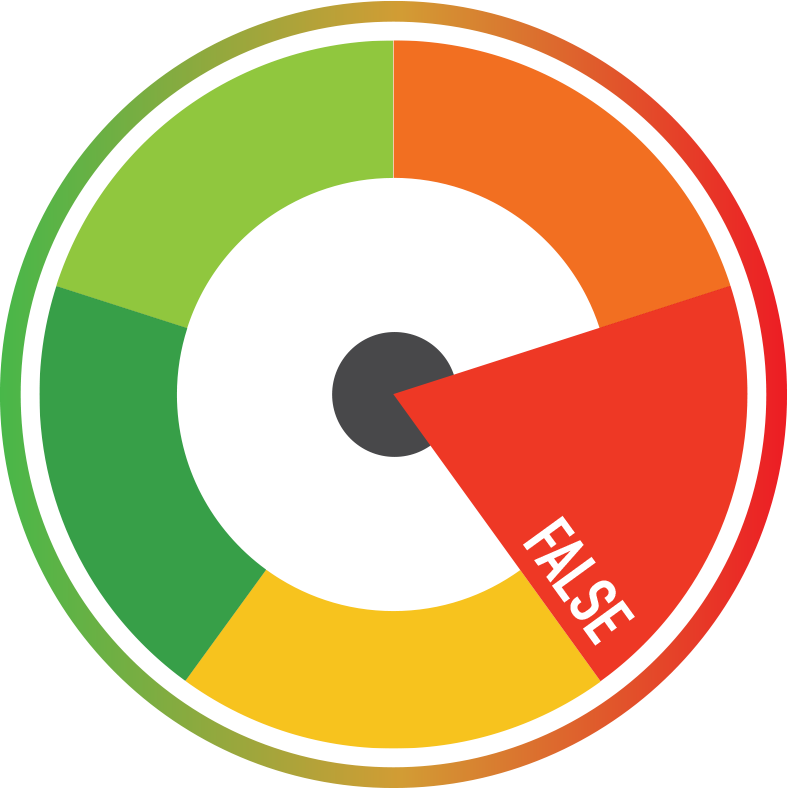In April, a prominent Croatian news outlet called Jutarnji list published an article stating that members of the European Economic and Social Committee (EESC), including nine Croats, receive a daily allowance of 290 euros per day for online meetings, and these per diems are intended to reimburse travel expenses. The statement that Jutarnji list reports in its article, referring to Politico as a source, is: “The committee paid its members compensation for travel expenses, even though the sessions were conducted virtually.” This claim turns out to be false.
Members of the Committee reacted to the claim
Jutarnji list is a Croatian daily newspaper with an online presence, owned by Hanza Media. In the article published on April 28 2021, the newspaper claimed that “the committee paid its members compensation for travel expenses, even though the sessions were conducted virtually“ , quoting Politico.eu. We then got in touch with the Croatian members of the Committee and asked for their reaction.
The aforementioned European Economic and Social Committee is an advisory body of the European Union representing three important sectors of civil society: trade unions, employers and other civil society organizations representing various interests, such as environmental associations, associations for the rights of persons with disabilities and others. The task of the Committee is to act between all institutions and citizens of the European Union and to encourage social and civil dialogue which influences the legislative and democratic processes in the European Union.
Error in communication between the media and the EESC
To start with, in our research two documents were found on the EESC website. One is the agenda of the 560th Plenary session of Committee, that states that members are joining the meeting remotely by means of videoconferencing facilities. Other is EESC’s document Members’ Reimbursement Rules about travel expenses of members where it is stated that they get 290 euros per meeting day. We contacted the board members directly. Given that the Committee consists of the already mentioned 329 members from all countries of the European Union, so we decided to contact nine Croatian members of the Committee.
We received an answer from Mrs Lidija Pavić-Rogošić, one of the members of the aforementioned board since 2013 and the director of ODRAZ (Sustainable community development). She denied the claim published by Jutarnji list. Furthermore, she and her colleagues refute the claim of Jutarnji list that the members of the board receive compensation for accommodation and they say it is compensation for work expenses for meetings and sessions, and also that travel expenses, when they do exist, are paid separately.
Additionally, Mrs Pavić-Rogošić sent us an answer prepared by the EESC for the media after the publication in Jutarnji list. The members of the Committee state here that the claim which Jutarnji list published is not true. In addition to this, they confirm that all meetings and plenary sessions are held online: “In line with the Belgian government’s epidemiological measures, the EESC switched to online work a year ago to protect the health of its employees and members”, they state in the answer and emphasize that this is mandatory not only for EESC members, but also for members of the Committee of the Regions as well as for members of the European Parliament. However, according to her, after a mutual agreement among the Croatian members, they concluded that there is no need to send that answer to the media because it has already been a week since the article was published in Jutarnji list.
Mrs Laura Irena Lui, media rapporteur of the European Economic and Social Committee, confirmed this. She noted that the payment of per diems to committee members was regulated by a Council decision of 23 October 2013: “The decision set a daily meeting fee of 290 euros. Travel expenses are paid separately, and the EESC does not cover accommodation separately or other expenses incurred by committee members during their stay in Brussels for meetings”, said Ms Lui, adding that the decision to change this amount can only be made by the EU Council. The EESC then pays the members the amount previously determined by the Council’s decision.
Croatian members of the European Economic and Social Committee, as well as their media rapporteur, note that members generally do not receive any other compensation or payment for their activities, so this per diem is the only income that members earn for the time and expertise invested in their work for the EESC.
Conclusion
In accordance with all the research and the information obtained, the allegations from the article in Jutarnji list, but also from the article in Politico, are incorrect. Therefore, we assess the claim to be false. According to all the information received from the European Economic and Social Committee, which gave an extensive explanation, none of the media provided accurate information – neither the Jutarnji list, nor the Politico who originally made this claim. As the Committee itself notes, the rules on the allocation of any kind of per diem or allowance are set by the EU budgetary authority, not by the EESC itself.
RESEARCH | ARTICLE © Ivana Paušić & Petra Sokolić, Faculty of Political Science, University of Zagreb
Leave your comments, thoughts and suggestions in the box below. Take note: your response is moderated.





